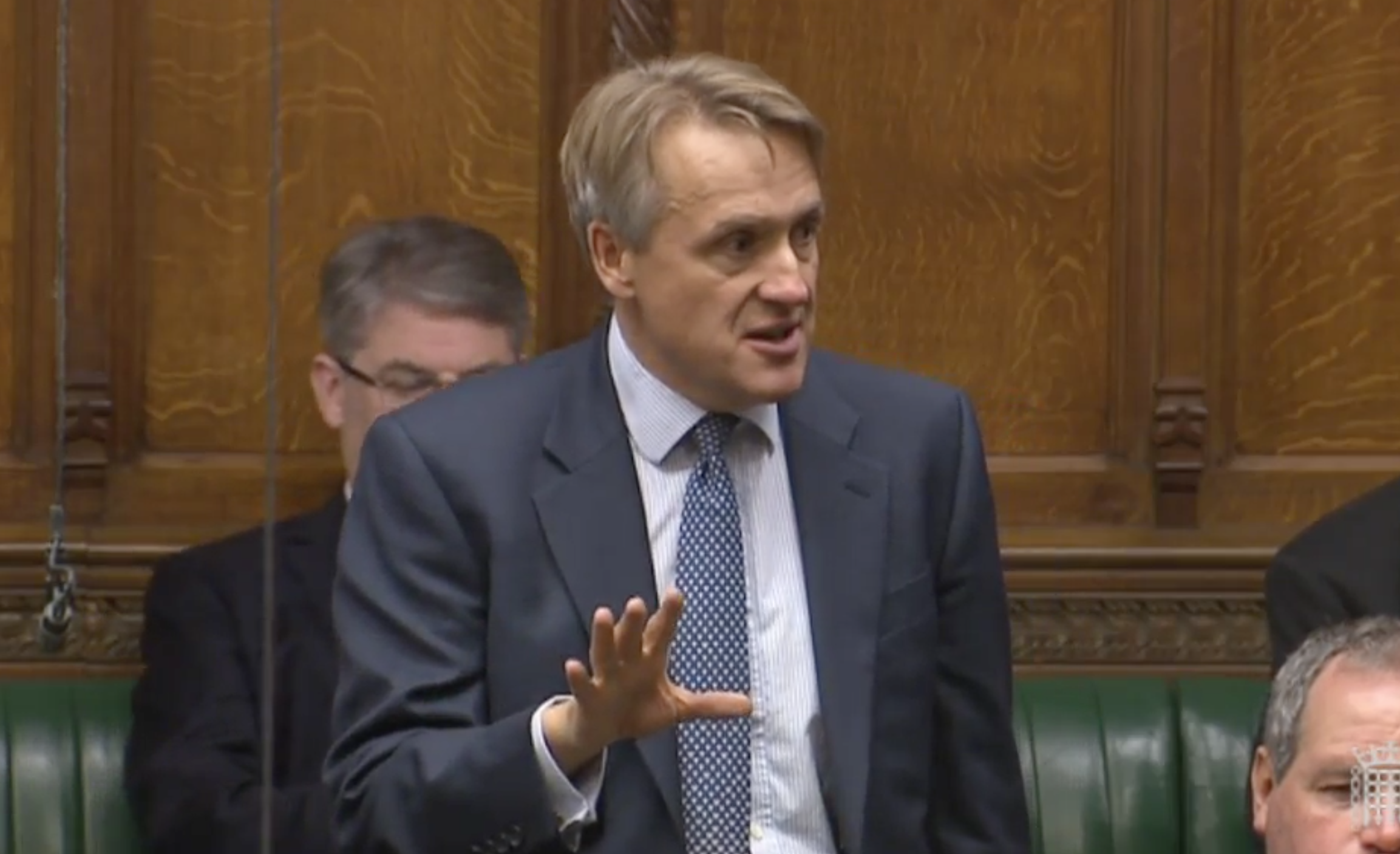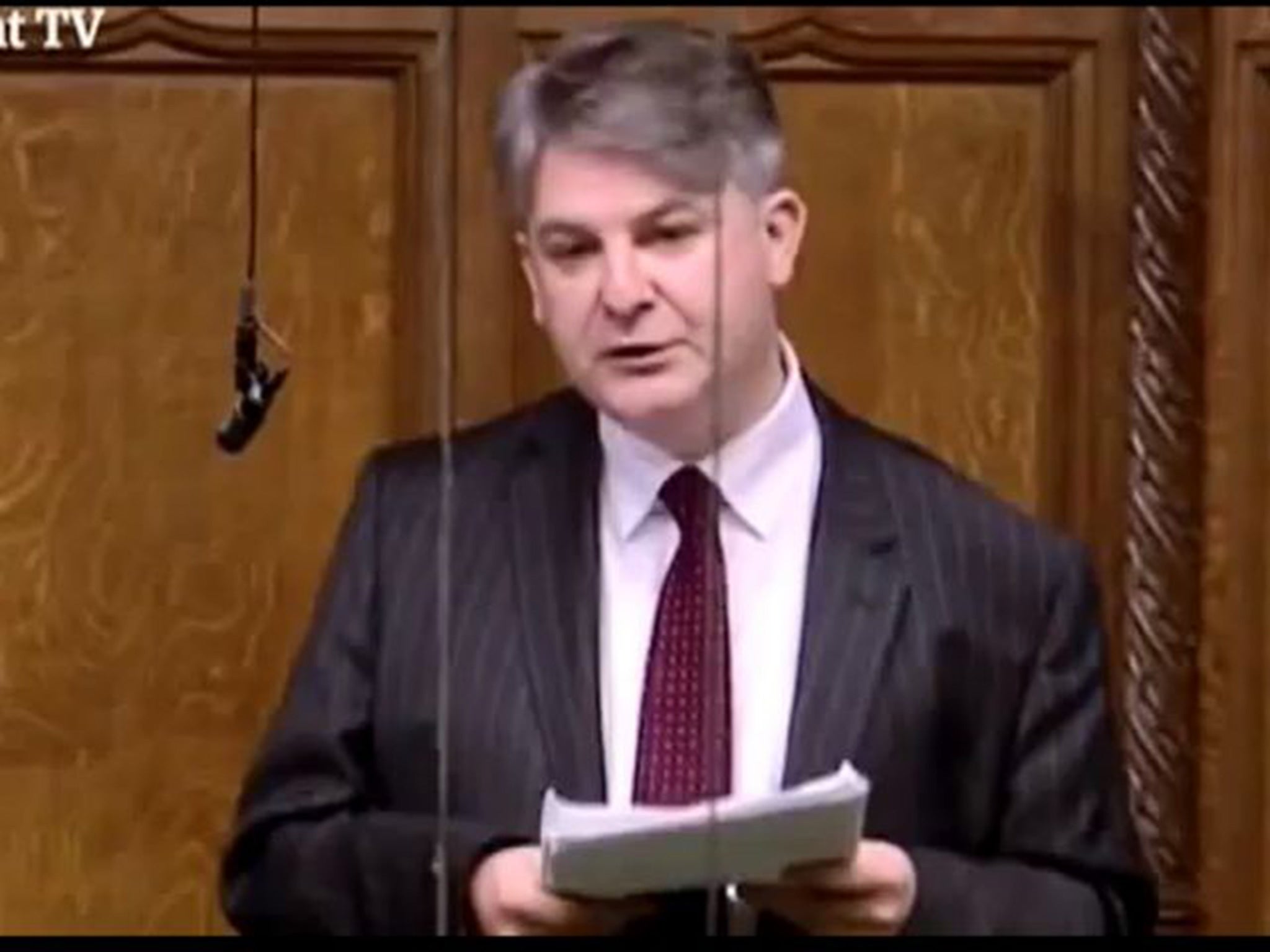Filibustering leaves MPs ‘ashamed’ and ‘bleeding credibility’, procedures committee chair warns
Parliament's Procedures Committee has proposed changes to ban the practice

Your support helps us to tell the story
From reproductive rights to climate change to Big Tech, The Independent is on the ground when the story is developing. Whether it's investigating the financials of Elon Musk's pro-Trump PAC or producing our latest documentary, 'The A Word', which shines a light on the American women fighting for reproductive rights, we know how important it is to parse out the facts from the messaging.
At such a critical moment in US history, we need reporters on the ground. Your donation allows us to keep sending journalists to speak to both sides of the story.
The Independent is trusted by Americans across the entire political spectrum. And unlike many other quality news outlets, we choose not to lock Americans out of our reporting and analysis with paywalls. We believe quality journalism should be available to everyone, paid for by those who can afford it.
Your support makes all the difference.The practice of filibustering to stop new laws has left some MPs “ashamed” and the House of Commons “bleeding credibility”, a senior Conservative MP has warned – as the Government considers a proposed crackdown on the tactic.
Under archaic parliamentary rules MPs can “talk out” debates by making speeches that go on for hours until the time allotted for a discussion runs out – meaning no vote can be held on the proposal.
The tactic is ineffective against laws proposed by the Government, which usually has the power to overrule the manoeuvre. But bills proposed by backbench MPs on are almost always blocked by the tactic – usually by the same small group of right wing Conservative MPs.
Bills blocked by the strategy in recent months include a plan to abolish NHS hospital car parking charges for carers, a bill to give first aid training to children in schools, and a plan to require rented homes to be fit for human habitation. Many of these bills had cross-party support.
Parliament’s influential Procedures Committee recommended earlier this month that the practice be stymied by giving the Speaker new powers to call a halt to debates and extra time to debate backbench laws. The Government on Tuesday said it was considering the bill and would respond before the end of the year.
“In my evidence to the Committee I said the Government was considering the report and intended to respond in detail within the normal two month timeframe,” David Lidington, the leader of the House of Commons said.

“Clearly we will need to both consider his recommendations and have collective responsibility in the Government before publishing his response and that is what we will do.”
However Charles Walker, the Conservative chair of the Procedures Committee, warned of the urgent need for reform.
“Too often on Fridays when we have Private Members Bills this house bleeds – it bleeds credibility and it bleeds standing. The Government front bench is well aware of this fact,” he said.
“The truth is that without will on behalf of the Government to change Fridays we will still have too many days when we leave this place downcast and somewhat ashamed of the proceedings that have one before us.”
He thanks Mr Lidington for listening and said he hoped changes would be made to the process.
Over 50,000 people signed a petition on the Parliament website earlier this year calling for the end of filibustering.
In an official response, the Government said the issue was a matter for the Speaker.
Join our commenting forum
Join thought-provoking conversations, follow other Independent readers and see their replies
Comments